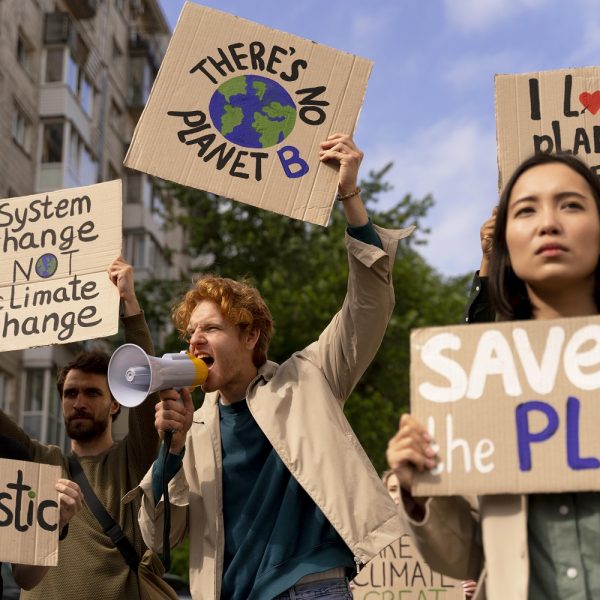
Photo credits: freepik.com
Organisers:
Danila Longo (University of Bologna), Andrea Boeri (University of Bologna), Saveria Boulanger (University of Bologna), Martina Massari (University of Bologna), Carlo Alberto Nucci (University of Bologna), Vando Borghi (University of Bologna), Beatrice Turillazzi (University of Bologna)
Keywords: Energy citizenship, Energy transition, Participation in climate neutrality, Climate city contracts, Sustainable planning
Potential journal publication: CPCL Journal – University of Bologna Architecture Department
Description:
The most recent European Union (EU) energy policy packages have been geared towards the rapid transition to a more sustainable and more citizen-centric EU energy system. EU decision-makers aim at reducing greenhouse gas emissions in half by 2030, and at reaching climate neutrality by 2050. At the same time, there has been an escalation of mobilisations by more or less organised citizens, taking action to intervene in the climate and energy transition’s socio-political debate. Such activities can range from advocating for change at a global level (e.g. Fridays for future, extinction rebbelion) to taking practical steps within communities and homes.
While these manifestations are far from mainstream, its potential collective effects could be very significant. It remains paramount to consolidate the loose understanding of complex processes steering citizen motivations and willingness to engage in energy citizenship behaviours, as well as of the forces working against it.
Energy citizenship has come to represent some form of public participation within energy systems, emerging from a broader range of experiences, at political, civic, and technical levels. It can be perceived as positive when it more or less actively supports the clean energy transition, but it can also become problematic and/or negative if it is manifested as public resistance to new forms of renewable energy, or as individual failure to take up alternative and greener forms of energy or adopt energy efficient behaviours when in a position to do so. Common explanations for negative outcomes focus around the competence, apathy and lack of care of individuals towards the environment (passive approaches) as well as certain forms of antagonism – informed unwillingness – or NIMBYism (active approaches), for example when it comes to decisions around siting of wind and/or solar farms.
This session aims at discussing those questions by sharing the most current innovative experiences on the field and deepening two aspects: current practices (case studies, theories and theoretical approaches) and management methodologies (such as organizational like forms of aggregation, contracts, cooperatives, enabling management technologies).
The session will be organized in three moments as following:
- plenary session with high level keynote speakers;
- two paraller thematic sessions (current practices and management);
- final plenary discussion where parallel session chairs will sum up the main points discussed and will open to additional reflections from the participants.
